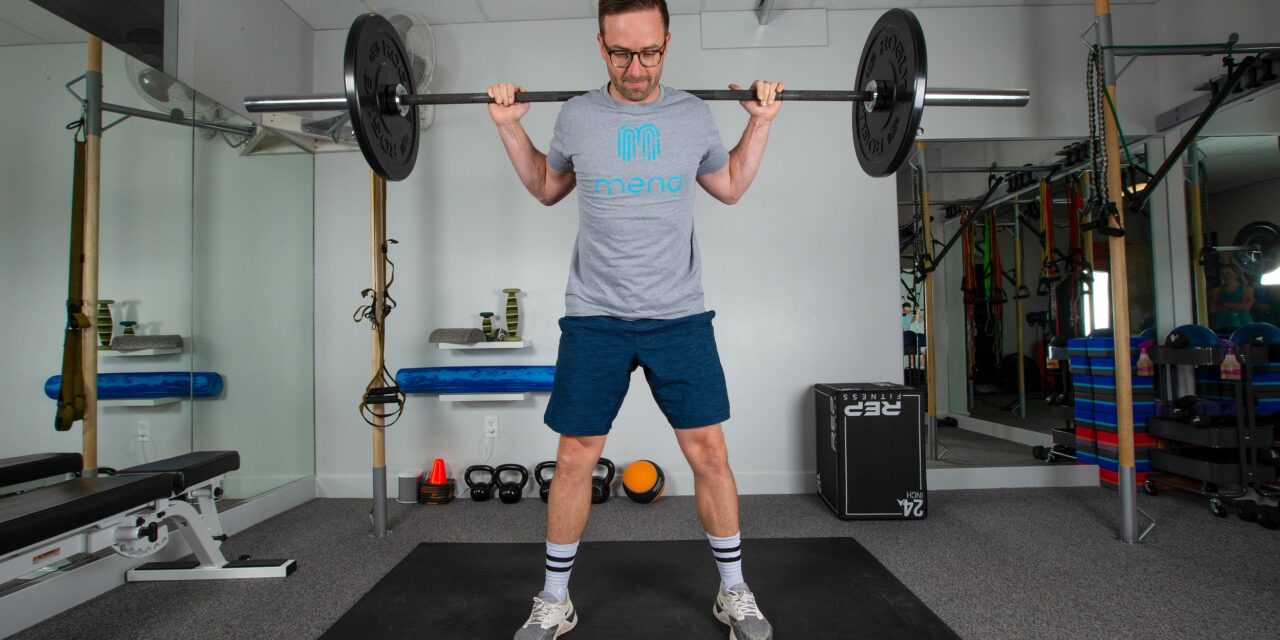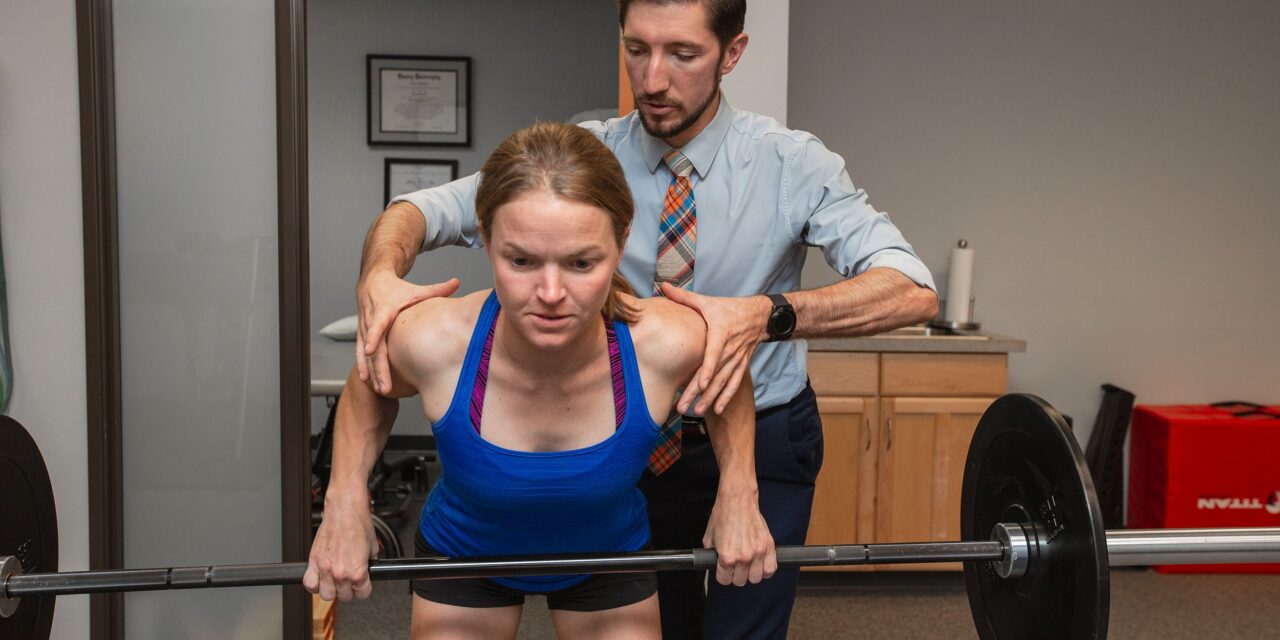How Much Of Cycling Performance Is Mental?
In Boulder, cycling up canyons is part of lifestyle for many in our community and Boulder Physical Therapy clinic. These rides can be challenging as cyclists look to adjust their gears and bodies to gain an advantage over the challenging terrain. We have long know about the brain’s ability to limit a participant’s workout by...


